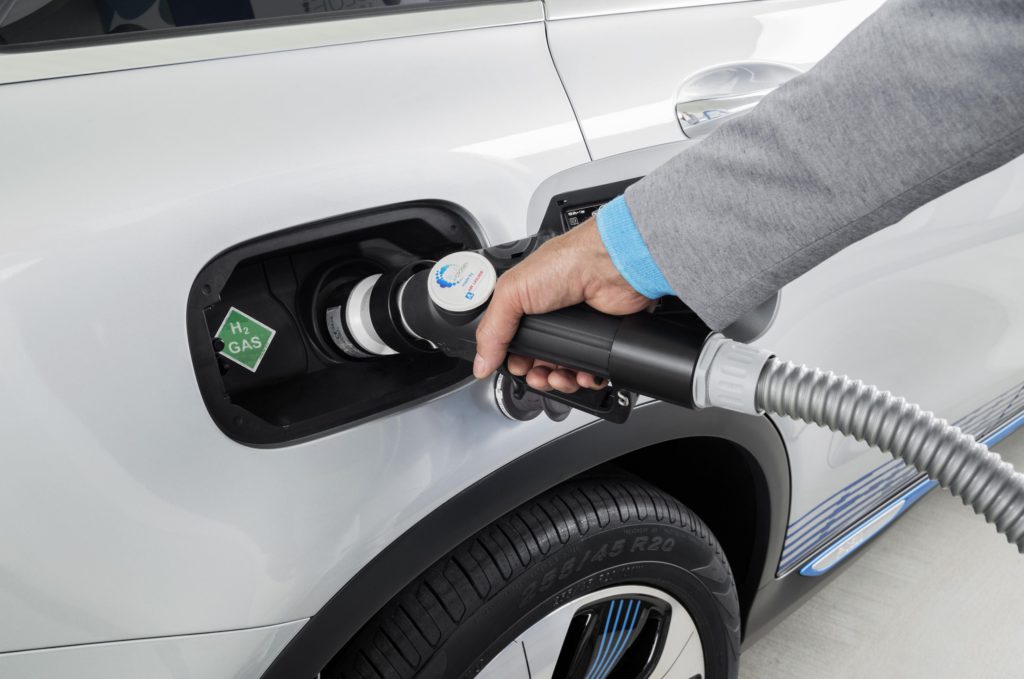Toyota part of joint venture to develop hydrogen infrastructure in Paris
27 February 2019

27 February 2019
A new joint venture has been set up to develop hydrogen mobility in Paris, the first such company to do so.
Air Liquide, Idex, the Société du Taxi Électrique Parisien (STEP), and Toyota are teaming up in HysetCo, a collaboration that will be a landmark in the emergence of a hydrogen-based society in France. The new company will also lead the development of Hype, the world’s first fleet of zero-emission hydrogen-powered taxis, which launched in 2015 during the COP21 sustainable innovation forum and operates in Paris and across the ÃŽle-de-France region.
HysetCo will make it easier to roll out hydrogen fuel cell vehicles and their refuelling infrastructure in the region and plans to have a fleet of 600 taxis by the end of 2020. Toyota will deliver an additional 500 Mirai hydrogen fuel cell saloons by the end of 2020, completing the existing fleet of 100 Hype vehicles.
The joint venture covers two activities: the distribution of hydrogen and the development of mobility-related applications, with each stakeholder bringing its expertise to the project.
A statement issued by Toyota highlights the group’s plans, as well as why it is pursuing a hydrogen infrastructure: ′Through this project, the partners are making concrete their commitment to clean mobility and the improvement of air quality, as well as illustrating how hydrogen mobility is a suitable solution for intensive applications such as passenger transportation,’ it reads. ′The organisation’s mission is to promote the sector’s transition towards zero emissions, with the objective of zero emissions for taxis and VTCs (private hire cars) by the 2024 Paris Olympic Games.’
Hype’s taxi fleet will be able to rely on a wider network of refuelling stations, following the recent opening of a new location in Roissy, near Paris-Charles-de-Gaulle airport. This joins three existing facilities in Paris region.
Toyota has been one of the most vocal manufacturers on the benefits of hydrogen propulsion. Vehicles powered by the fuel have zero emissions and can cover longer ranges than most electric vehicles, with filling times comparable to traditional pump fuels.
The Japanese firm is to build a new unit at its Honsha plant in Japan to accommodate the mass production of hydrogen fuel cell stacks. Its Shimoyama factory will also gain a new line to manufacture high-pressure hydrogen tanks as the company looks to build on the technology already introduced in its Mirai model.
Meanwhile, hydrogen police cars will appear on the streets of London as the carmaker teams up with the Metropolitan Police Service. The first of 11 Toyota Mirai vehicles have been delivered, thanks to support from the Fuel Cells and Hydrogen 2 Joint Undertaking (FCH 2 JU) in the form of a grant.